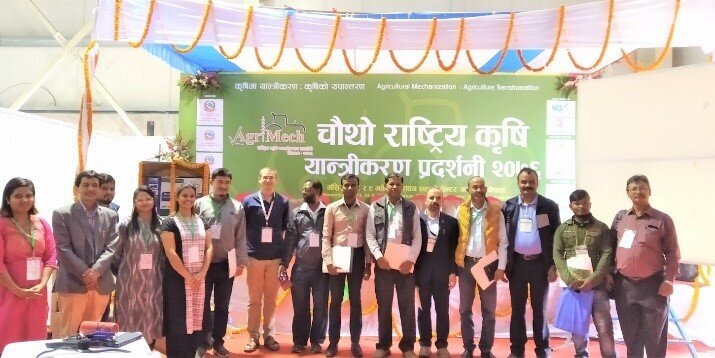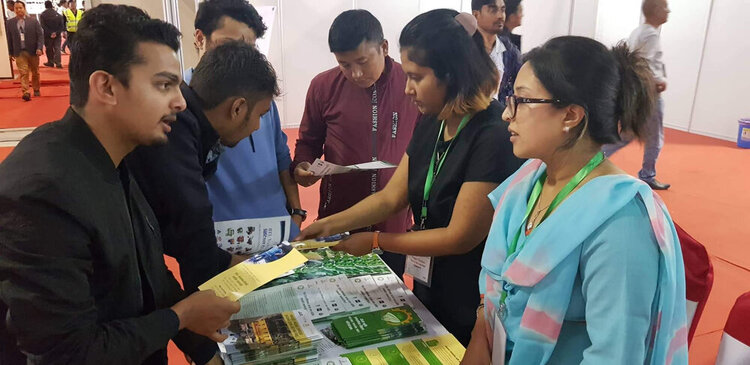3 – Policy & Institutional Innovation
The work in this component has both conceptual and practical elements, where the ultimate aim is to use the conceptual outputs to strengthen and inform on-ground work. Two projects have contributed to a better understanding of institutional effectiveness.
1. Institutions to support intensification, integrated decision making and inclusiveness in agriculture in the East Gangetic Plain
Previous work in the EGP suggested that there were major opportunities to enhance adoption of alternative farming practices in the EGP through improved institutional settings. But questions remained about what the ‘best’ policy/delivery combinations are, and whether experts could be engaged to critically review the extant approaches and look for better solutions? In addition, could the ‘best’ solutions from experts align with those most acceptable to farmers and thus generate win-win outcomes? The purpose of this project was to tackle these questions head-on, and to do so in a way that encouraged the policy communities to be directly engaged. Work has been undertaken to identify effective institutions that enhance integration, inclusiveness and innovation for better management of water resources, information transfer and risk for farmers; and for sustainable agricultural mechanisation at government levels. The effectiveness of these institutions was understood at different levels (farmers, researchers and policy makers) and from the perspectives of women and tenant farmers, who are important but often disadvantaged players in agricultural production systems.
A comprehensive summary of the work on institutions is here on the project review web page (password: SDIP)
2. Sustainable Agricultural Mechanisation in the EGP: Facilitating change through institutional innovation (“Roadmaps”)
The Roadmaps project has been focused mainly on Province 1 and Province 2 of Nepal. It has helped create a platform for the provincial government, partners and stakeholders to discuss, maintaining better coordination between them and thus facilitated to create an enabling environment for sustainable agricultural mechanization.
To bridge the gap between farmers, suppliers, and manufacturers working in agricultural machinery, tools, and equipment within the nation and internationally, the National Agricultural Mechanization exhibition was held in November 2019. The event which was supported by Government bodies had 140 exhibitors comprising NGOs and INGOs, national and international importers, distributors, Chinese and Indian manufacturers, and research and educational institutes, promoting more than 2,000 modern farm equipment machinery, processing technologies, mechanized irrigation, conservation agriculture-based technologies, poultry livestock and dairy technologies.

